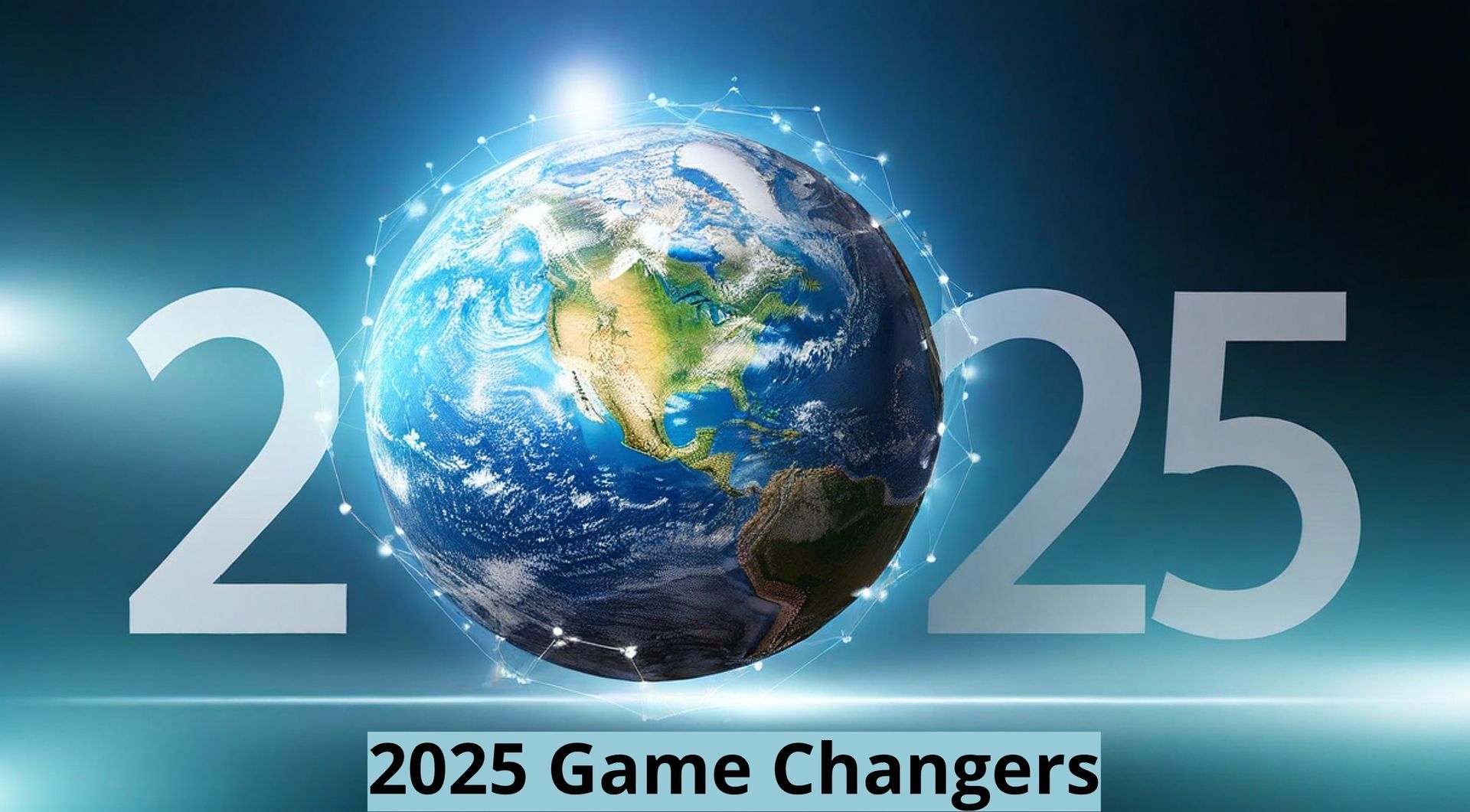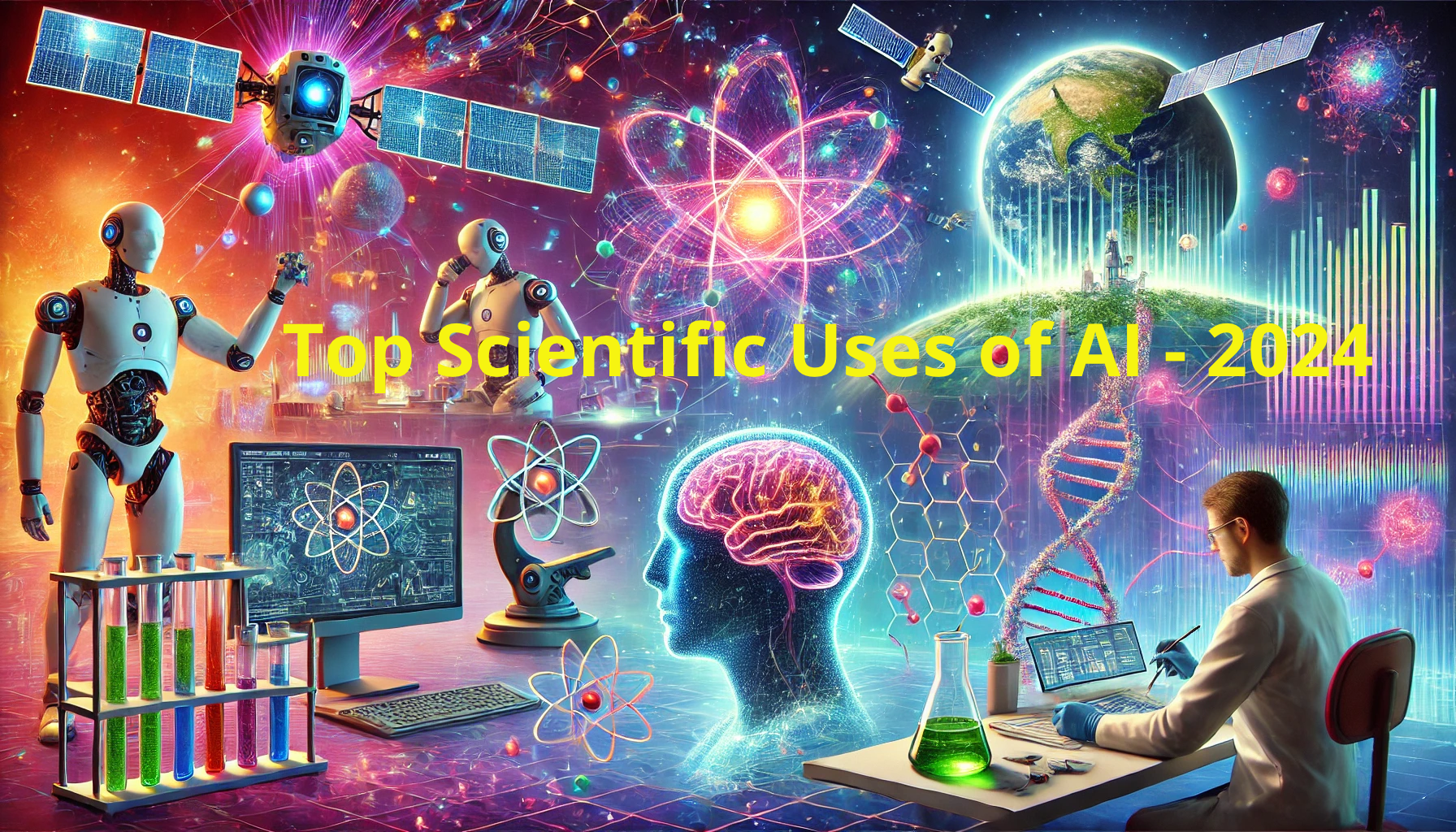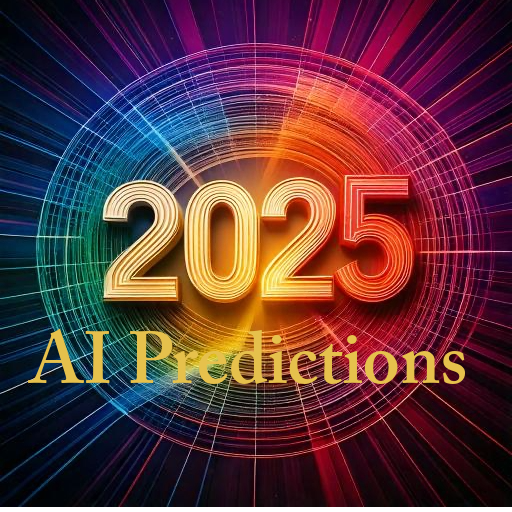How to Get Started on Your AI Ethics Governance Now

Introduction
In today's rapidly evolving technological landscape, Artificial Intelligence (AI) tools like ChatGPT are becoming increasingly popular in the workplace. However, the use of these tools on company devices without proper oversight can lead to significant risks. As a risk leader in a midsized company, it's crucial to establish a clear AI ethics governance framework to mitigate potential issues. Here’s a concise action plan to get started.
Communicate Your Company’s AI Tool Usage Position
One immediate action is to ensure employees are aware they cannot use any AI tools on company devices without prior management approval. This may seem elementary, but employees might be eager to experiment with AI tools without considering the potential negative impact on the company.
Possible Pitfalls:
- Incomplete or Outdated Data: AI tools may use data that is not complete or current, leading to inaccurate results. For example, if the database includes only a segment of your customers, the analysis might be skewed, resulting in misleading insights for the entire customer base.
- Lack of Data Understanding: If employees don’t fully understand the data used by the AI tool, they cannot accurately explain how the tool determined its results. This could lead to negative customer experiences that might be shared on social media and taken out of context.
- Non-Compliance with Company Standards: The writing style and wording generated by AI tools might not meet your company’s standards. A poorly crafted prompt can result in a response that is not aligned with your customer service approach, potentially offending customers and driving them to competitors.
Action Step
Send a Written Communication:
Utilize your standard communication channels (email, weekly bulletin, etc.) to inform all employees about your company’s new AI usage position:
- Value of Customers and Reputation: Emphasize that thoughtful integration of AI is crucial to maintain customer satisfaction and protect the company’s reputation.
- Prohibition of Unauthorized AI Tool Use: Clearly state that employees must not use any AI tool on company devices or in any communication with customers, vendors, or stakeholders without prior approval.
- Point of Contact: Provide a contact person for questions or AI use suggestions (include name and contact information).
- Encourage Employee Input: Let employees know their input on leveraging AI to improve job functions and business growth is valued. They may have insights into AI applications that could benefit the company.
Formalize the Position
Follow up with a written statement similar to those for other key topics such as employee conduct and confidentiality of company information. This statement should be concise and easy for employees to remember.
Next Steps
- Develop a Formal AI Position Policy: Create a comprehensive AI policy outlining the company’s stance on AI usage, including guidelines, procedures, and ethical considerations.
- Risk Framework Assessment: Conduct a risk assessment to identify potential risks associated with AI tool usage and develop strategies to mitigate these risks.
- Pilot Easy Integration AI Tool: Start with a simple AI tool and work through the challenges related to its implementation before rolling out more robust AI tool adoptions.
Conclusion
By taking these steps, you can help protect your company from potential risks associated with AI tool usage while also leveraging the benefits of AI to improve business operations. Clear communication, formal policies, and a structured approach to AI integration are key to successful AI ethics governance.

My company uses artificial intelligence in a transparent and honest manner. We support the use of AI in business with the use criteria including being socially beneficial, explainable, fair, and secure. We integrate AI tools into our business processes to enhance efficiency and decision-making and to improve quality.




